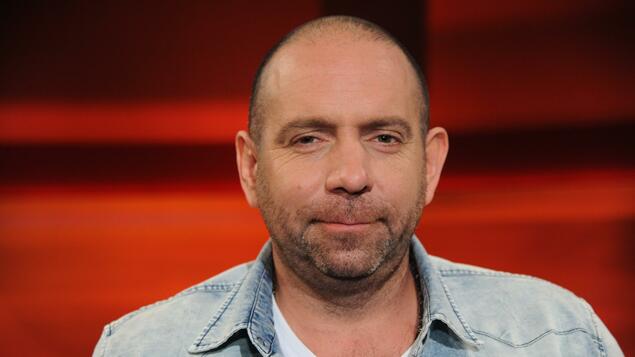Following the accusations made by pop singer Ike Hoftcold against the Sut1 series “Suddenly Poor, Suddenly Rich”, the broadcaster announced that he was dealing with the allegations. The singer, whose real name is Matthias Distel, changed the home and daily life of the two families, stopped filming and blamed the creators of the “dishonest allotment hunt” program.
“The best interests of the two severely traumatized children were trampled underfoot by the responsible media,” he said in a statement. Business service dwdl.de and other media reported on Tuesday.
[Wenn Sie aktuelle Nachrichten aus Berlin, Deutschland und der Welt live auf Ihr Handy haben wollen, empfehlen wir Ihnen unsere App, die Sie hier für Apple- und Android-Geräte herunterladen können.]
A Chad 1 spokesman told the German press: “As soon as Matthias Distel emailed us his views on the shooting of ‘Suddenly Poor, Suddenly Rich’, we started talking to the production company and the family with links to help and work with the family. This work is still going on. .We have a serious relationship with the shocked family that Matthias Distel is promoting very personal and secret things. ” “We already informed Matthias Distal last Thursday.”
Responsible production company Imago TV could not be reached on Tuesday at the request of the dpa. Managing Director Andrea Shanhuber told industry portal media: “At Emago TV, mistakes were made in the research and we were very disappointed. We relied on family reports and family help messages, which made the family very happy. We are very sorry. “But your company is not” in any way “about hunting down families quotas in emergencies.
In a statement on his website, Distell described how he and his companion entered the empty apartment of the barter family. “I could not understand so passionately that four children should live in this house. We gradually explored that campus.” He finally found a wall calendar. “According to the entries in this calendar, the mother of two young children is in psychotherapy.”
Distel continues: “We immediately asked if children between the ages of 8 and 10, who are obviously psychologically problematic, could be legally and morally drawn into a television format that would work for eight consecutive days and up to ten hours.” (dpa)


